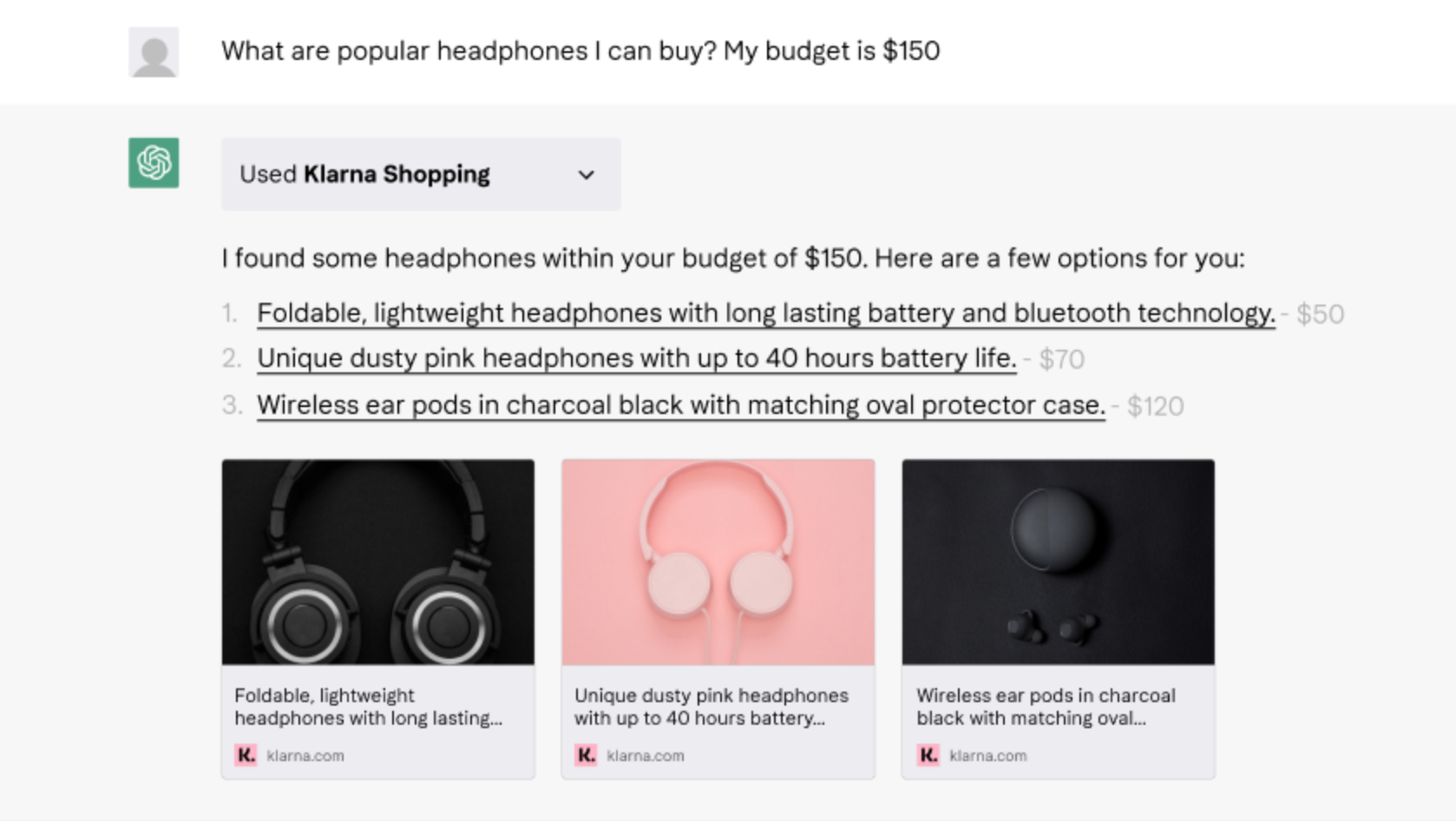
- Amsterdam-based digital bank bunq announced plans to expand to the U.S.
- The bank will be targeting the population of five million European expatriates living in the U.S.
- Since launching in 2012, bunq has expanded to more than 30 markets in Europe and now facilitates payments in 16 different currencies.
Amsterdam-based digital bank bunq announced this week it is “bringing the bank of The Free to the land of The Free,” meaning it has officially applied for a U.S. banking license.
Founded in 2012, bunq set out to make a bank that customers love to use that is designed to make life easy. When the company received its European banking license in 2014, it was the first organization in 35 years to do so. Since then, bunq has expanded to more than 30 markets in Europe and now facilitates payments in 16 different currencies, provides both personal and business banking accounts, and offers a mortgage product.
When bunq launches in the U.S., the company will target the population of five million digital nomads– European expatriates and businesses operating in the U.S. that struggle to obtain a traditional bank account as non-U.S. citizens.
“We’re going stateside with a simple proposition, offering a banking product that enables U.S. consumers and businesses to bypass banking bureaucracy by opening a fully fledged international bank account in just five minutes,” said bunq Founder and CEO Ali Niknam. “Using bunq, they can effortlessly manage their finances from anywhere in the world.”
bunq has received $260 million in funding and was valued at $1.9 billion in 2021. The company recently became profitable, having secured $2.5 million in profit in the last quarter of 2022. If successful in its mission to obtain a U.S. banking license, bunq may be able to build on that profitability into the rough waters of 2023.
Other European fintechs have proven that the route to success in the U.S. may not be easy, however. Germany’s N26 pulled out of the U.S. market in late 2021 after initially launching in the region in 2019. When U.K.-based Monzo faced difficulties securing its U.S. banking license in 2021, the fintech ultimately decided to partner with a traditional bank to launch its services stateside. Similarly, Revolut is also working with a partner bank in the U.S., though it is currently awaiting the approval of its U.S. banking license.
“In our opinion, applying for a U.S. license is the only way we can maintain independence and provide The Free with the easy and safe banking experience they deserve,” said Niknam. Will bunq’s U.S. expansion look like that of other European digital banks that have gone before it? If it does, the company may need to sacrifice a bit of that independence and find a partner bank that shares its vision to create “the bank of The Free.”










